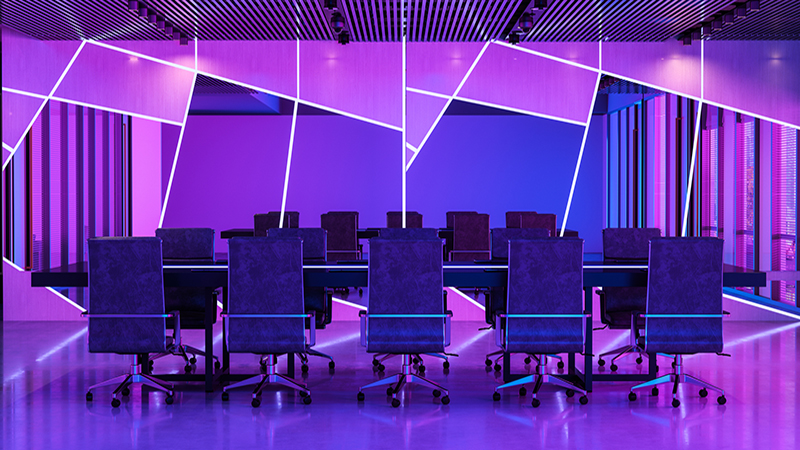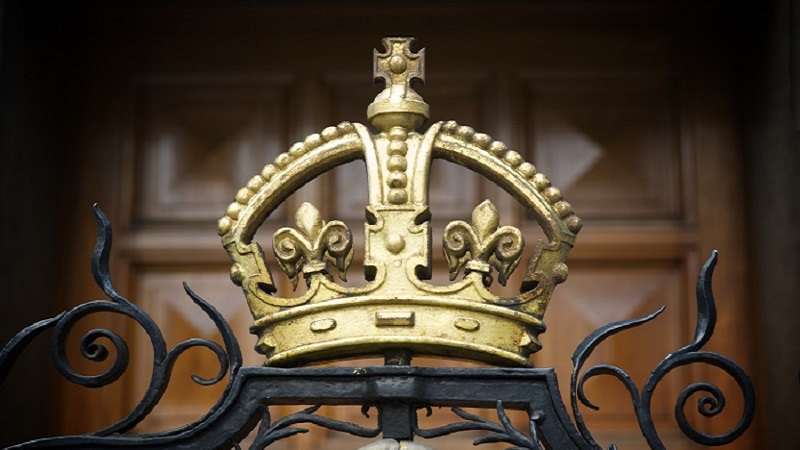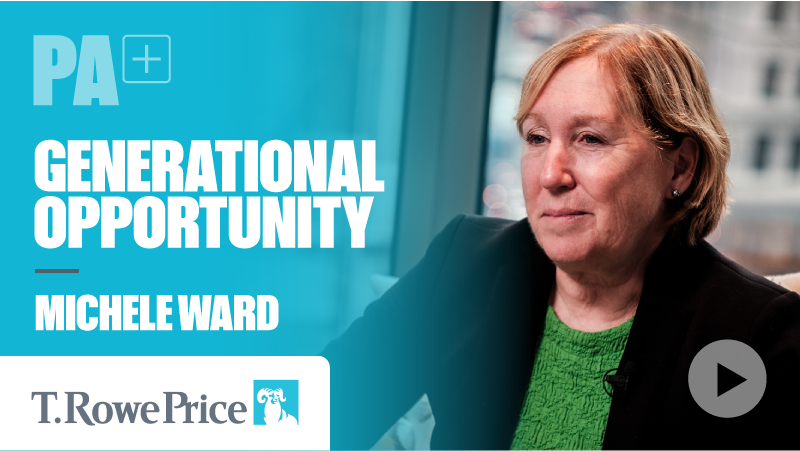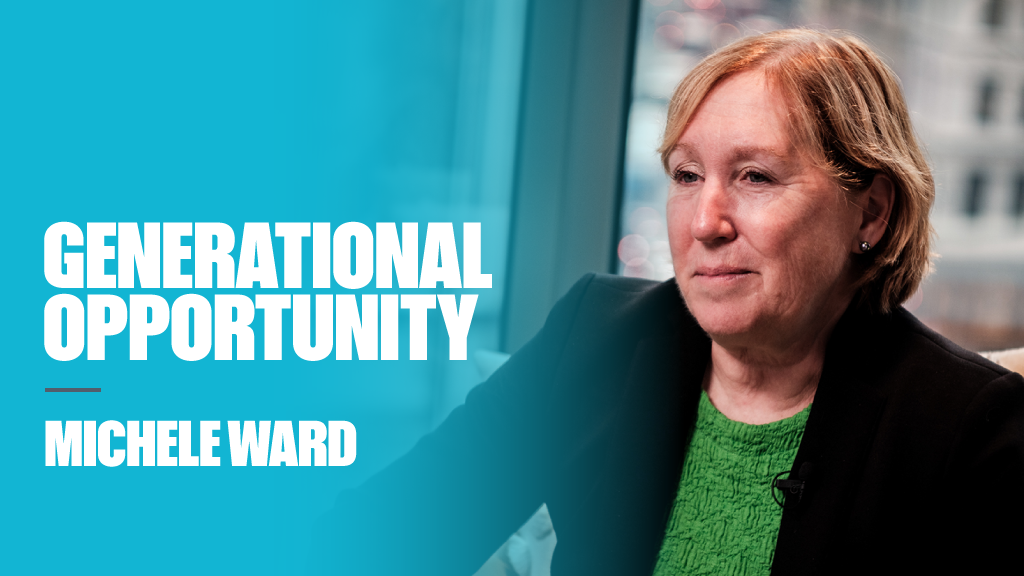In Russia, the cost of doing business appears to be 20% lower than in the US. In the overall standings, Russia is in fourth place, behind China, India and Mexico. According to researchers, Russia has the lowest costs for electricity and gas, but the costs of rental of office and production space are high.
In terms of costs in different markets, doing business in the Russian IT market is 40% cheaper than in the US, the leader of the sector. The costs of operations in the Russian professional services sector amount to 60% of the level of spending in the US.
Investors brave the risks of emerging markets to make the most of their advantages. Thanks to advances in technology and increased specialist skills, these markets have performed well and are thus among the best places for international business.
Business oasis for investors
Eight hundred miles east of Moscow, in Tatarstan, there is a special economic zone (SEZ) called Alabuga. It is an oasis of business, in which the resident companies do not pay customs duties. From next year, they will also be exempt from regional tax.
Regional income tax for the SEZ is to be reduced from 13.5% to 0% for the first 5 years. Over the next five years the tax will be 5% and after ten years it will return to 13.5%.
These privileges have provoked interest from many Western investors, especially those who intend to stay in Russia on a long-term basis. Besides the availability of world-class infrastructure, low prices for raw materials and energy, the availability of tax breaks make this place very competitive and attractive as a business location.
Furthermore, the desire of local authorities to attract more investors will help to reduce tax and also reduce the corruption risks.
Favourable outlook
The World Bank has improved the economic outlook for Russia, which is a rather encouraging sign for investors.
In contrast to the eurozone, the Russian economy will grow by 3.8% in 2012. This is less than last year, but given the crisis circumstances, it is good news and next year growth is forecast to see further acceleration.
The main fears for investors in the short term are based on the debt crisis in the eurozone and the anticipation of changes in fiscal policy in the US States. Therefore, investors choose a risk-free mode and actively shift into counter-cyclical assets.
Since May, investors have been increasing the share of pharmaceutical and telecommunications companies in their portfolios, as well as producers of food and essential goods. The high-tech sector also remains most attractive.
Fast growing markets in Asia and Russia are still attractive for long-term investment. Volatility in global capital markets provides an opportunity for developing countries to focus on reforms that enhance productivity and to invest in infrastructure, and thus become a serious competitor to traditional markets.











